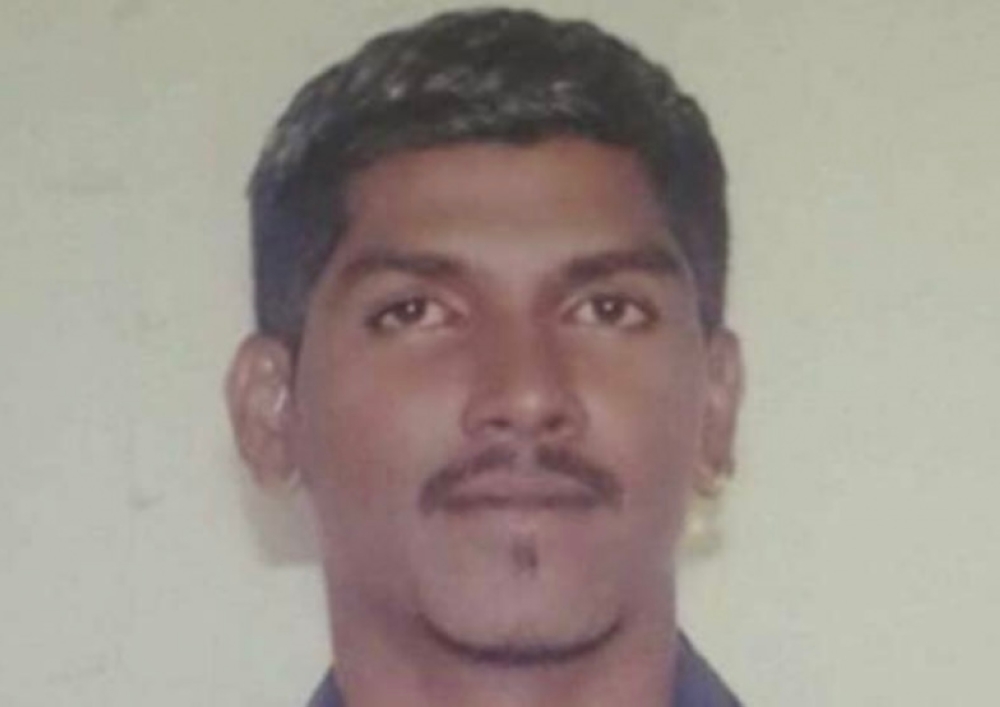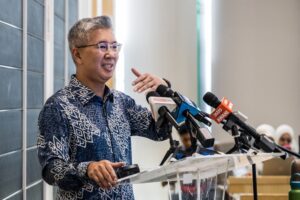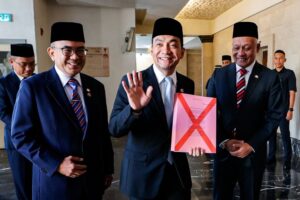KUALA LUMPUR, Sept 22 — Datchinamurthy Kataiah, who was sentenced to death, has been on death row for 15 years.
He was arrested as a young man after agreeing to transport a package for about RM300, only to later discover it contained heroin.
“He was interrogated without legal counsel and warned of the death penalty during questioning. Since then, he has represented himself in multiple proceedings.
“In 2022, he successfully argued for a stay of execution despite having no formal legal training.
“However, Datchinamurthy most recently received a notice on September 21, 2025, with only four days’ warning under Singapore’s revised rules for repeat notices — that his execution will be carried out on September 25, 2025, at Changi Prison,” activists told reporters at a joint press conference by Amnesty International Malaysia, the Anti-Death Penalty Asia Network (ADPAN), and the Transformative Justice Collective (TJC).
Another Malaysian, Pannir Selvam Pranthaman, convicted in 2017 of importing 51g of heroin, has spent the last six years on death row.
Despite evidence that he acted only as a courier and had provided intelligence to authorities, he was denied a certificate of substantive assistance — a decision that sealed his fate under Singapore’s mandatory death penalty.
Both men have endured repeated traumas from execution notices that were only stayed at the last minute.
“With a new prime minister in office, Singapore has an opportunity to take a different path.
“Pannir and Datchinamurthy deserve clemency. Their cases show that the death penalty is neither fair nor necessary,” activists said.
According to them, Prime Minister Wong has so far not made any public statements on Singapore’s use of the death penalty. However, the first clemency granted to a death row prisoner in 27 years has shown that change is possible.
Malaysia’s chance to lead change
Malaysia’s abolition of the mandatory death penalty came into effect in July 2023, followed by a comprehensive resentencing process for all individuals sentenced under the previous law, including those convicted of drug trafficking.
As a result, most death sentences were set aside and replaced with 30 to 40 years’ imprisonment and, where applicable, whipping.
“However, the Malaysian government has remained silent on these death row prisoners.
“We urge the Malaysian government to intervene and take all possible steps to protect the rights of its nationals facing execution in Singapore.
“Malaysia must act with integrity if we are to achieve meaningful reform. The government must proactively protect the lives of its citizens abroad who are on death row, especially as Malaysia holds the Asean chairmanship this year. Failing to defend Malaysians overseas means Malaysia has not yet reached the true standard of justice that our own laws should uphold,” activists said.
In the same call, activists urged both the Singaporean and Malaysian governments to engage in swift and effective intervention — including direct diplomatic appeals to halt the executions of Datchinamurthy, Pannir, Saminathan Selvaraju and Lingkesvaran Rajendaren.
They also urged both governments to prevent further executions in Singapore, particularly those that would be unlawful under international law and standards, to leverage Asean mechanisms, and to commit to steps toward full abolition of the death penalty.
“This is not merely about saving the lives of a select few men languishing on death row in Singapore’s Changi Prison.
“It is about ending the cruelty of the death penalty, ensuring that both Singapore and Malaysia uphold the dignity and rights of all, and demonstrating the leadership needed to move their countries and the region towards abolition.
“We call on the Malaysian government to act without delay, and on the Singaporean authorities to implement an immediate moratorium on the death penalty, and refrain from issuing any execution notices,” activists said.






